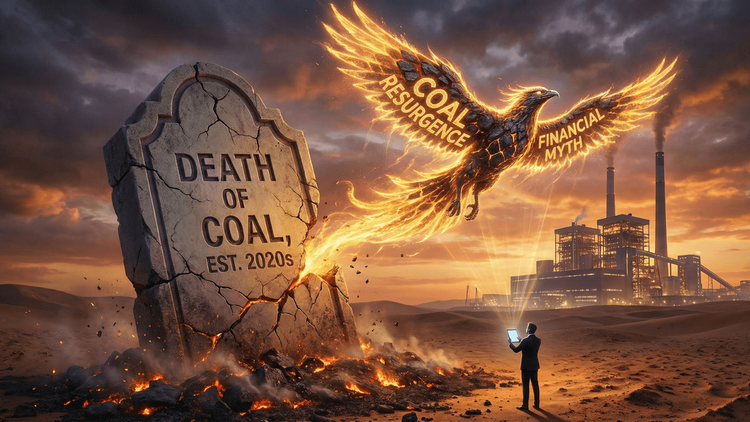WattsApp: Meta’s Energy Boost Just Went Nuclear
Meta strikes its biggest energy deal yet—securing 1,121 megawatts of nuclear power to fuel its AI expansion, while Constellation eyes a new reactor in Illinois.

Meta Platforms Inc. has made a bold move to secure its energy-hungry artificial intelligence future. In a landmark deal, the tech giant behind Facebook, Instagram, and WhatsApp signed a 20-year agreement with Constellation Energy Corp. to purchase nuclear power from the Clinton Power Station in Illinois. The deal, which begins in mid-2027, will supply Meta with 1,121 megawatts of steady, zero-emission electricity—enough to power nearly a million homes.
This isn’t just another long-term energy contract. It marks a dramatic turnaround for the Clinton plant, which was once on the brink of shutdown due to financial headwinds. In 2017, then-owner Exelon Corp. warned of closure, citing an inability to compete with cheaper natural gas and renewable energy. That changed when Illinois stepped in with a 10-year subsidy. Now, as that subsidy nears expiration, Meta is stepping up with a lifeline that could redefine the future of nuclear power in the AI era.
Constellation, the largest nuclear power operator in the U.S., is not only promising to keep Clinton running—it’s also investing to increase the plant’s output. Even more ambitiously, the company is actively considering building a second reactor on-site. With federal approvals already in place for a second unit, talks are intensifying. CEO Joe Dominguez says the Clinton site is a “logical place” to expand nuclear capacity, especially with demand from AI companies continuing to skyrocket.
Artificial intelligence is triggering a tidal wave of electricity demand, and nuclear power is emerging as the industry’s quiet backbone. While solar and wind projects receive much of the public spotlight, their intermittent nature means they can’t meet AI’s relentless, 24/7 energy appetite. Unlike coal or natural gas, nuclear provides a stable and carbon-free supply—something that companies like Meta are now aggressively prioritizing.







